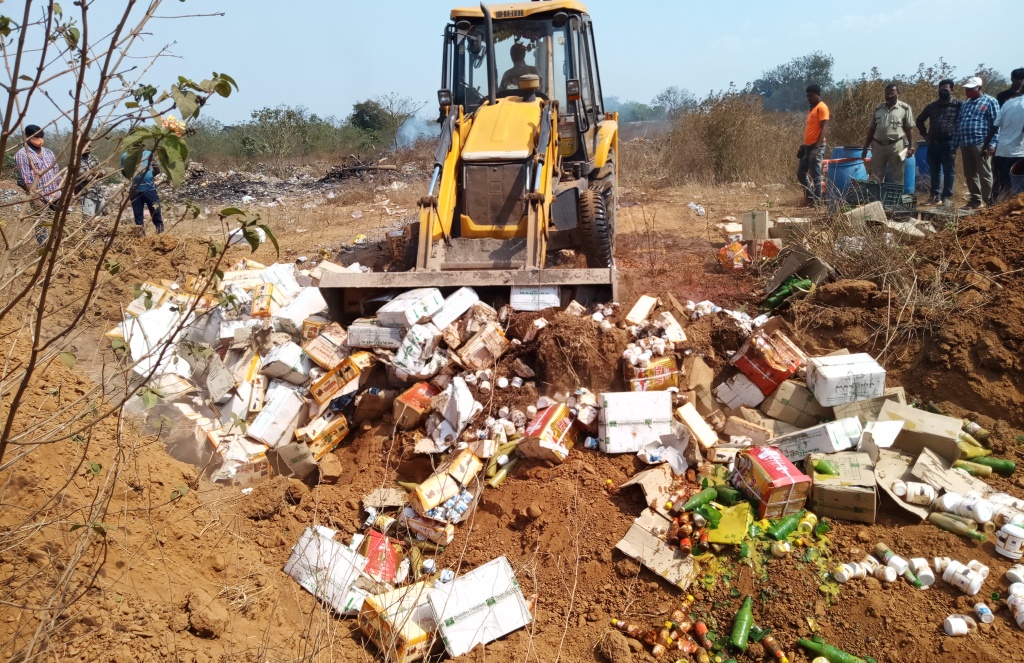Bhubaneswar: Staff crunch in the state Food Safety department exacerbated with lack of necessary infrastructure seems to be taking a big toll on public health in the state as many unregulated erring food outlets go undetected.
Data collected by this correspondent revealed that there has been a massive shortage of staff in the department, carved out of the state public health department eight years ago. It was to monitor the issues of food safety. Notwithstanding the central Food Safety and Standards Act of 2006 which talked about creation of several posts to regulate the food safety issues, the state government is yet to come onboard for the same.
Government data claimed that the state does not have a single full-time designated officer who could be entrusted with the task of monitoring the food safety works as per the act.
The act empowers the designated officers to issue or cancel licences of food business operators, prohibit sale of adulterated food items, recommend food safety commissioner to launch prosecutions in cases where imprisonment of the erring persons are needed. Such posts are now handled as additional charges by officials of the health department.
Districts like Koraput do not have full-time Food Safety Officers (FSO) who play a key role in groundworks of inspection and raids. The state now has 30 FSOs while it has plans to expand the capacity in the future. Moreover, the state also has a lone government food testing lab in Bhubaneswar and a lone food analyst. Several of the food testing equipment are also said to be outdated which fail to detect several types of new adulteration and items like virus, heavy metals and others. The Food Safety department, however, said that the exercise to fill up the posts would soon be taken up. “We’re taking steps to fill up the vacancies. Now, we’re planning to have 105 FSOs and also steps are taken to have full-time designated officers. We’ve also collaborated with a private lab for food testing and now four more government food testing centres will come up in the state soon,” Dr Pradip Mohapatra, Director, Food Safety department told Orissa POST.
Experts on food toxicology, however, claimed that most of the state governments hardly give adequate importance to food safety. Amit Khurana, Programme Director (Food Safety and Toxins) at the Centre for Science and Environment (CSE), New Delhi told
Orissa POST that not only enforcements are often less in adulteration cases, the infrastructure in food testing labs in states also lag behind. “There are several new types of adulteration where pesticides, antibiotics and high-end adulterants are added in food and beverages which can’t be traced with conventional food testing equipment. They keep penetrating into the food items which people keep on consuming without detection,” he said.
“There are provisions of recalling erring brands. But hardly any state has dared to recall a brand or set deterrence by strong legal actions which created less deterrence for the food adulterators,” he added.
Manish Kumar, OP
